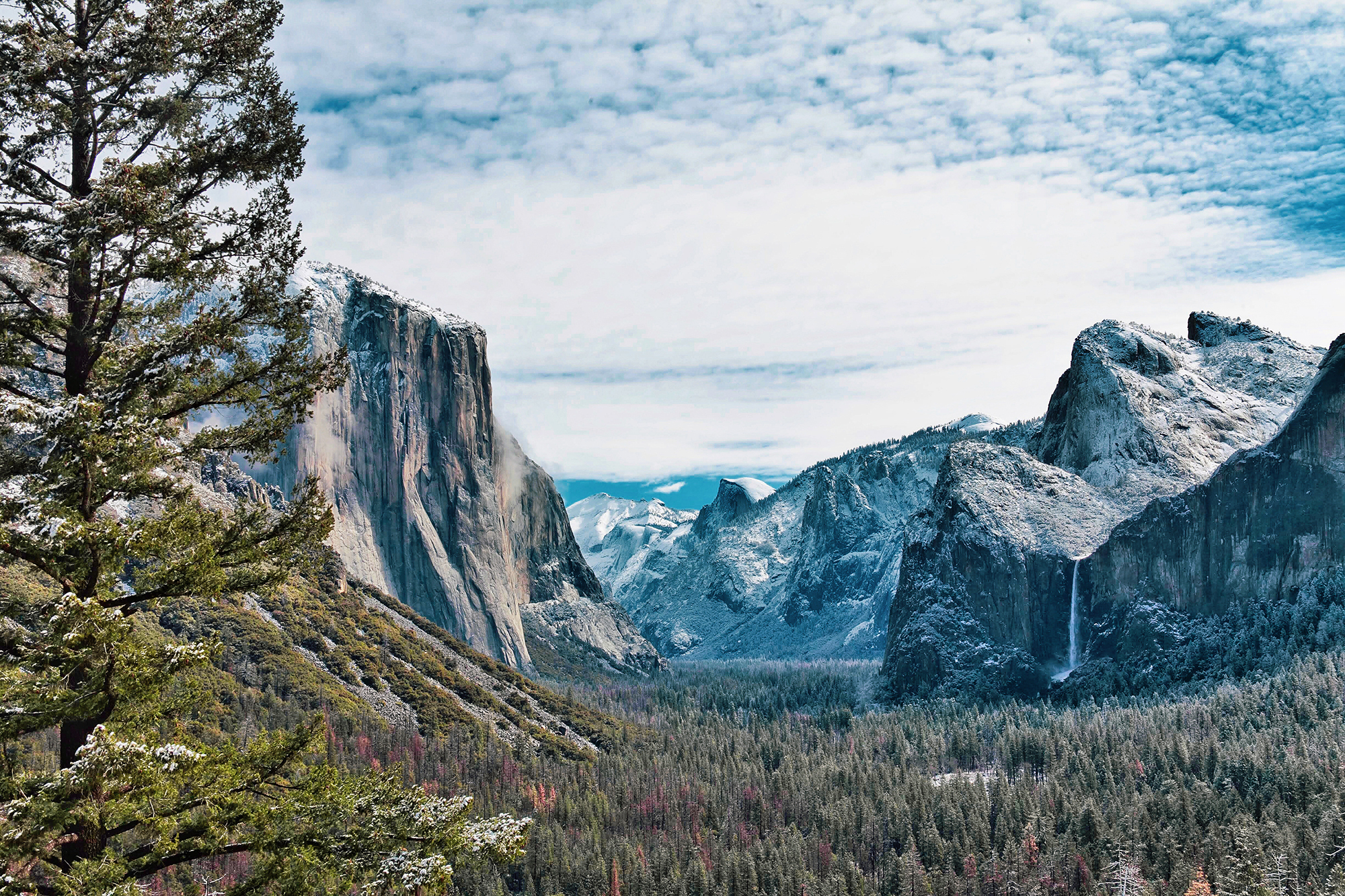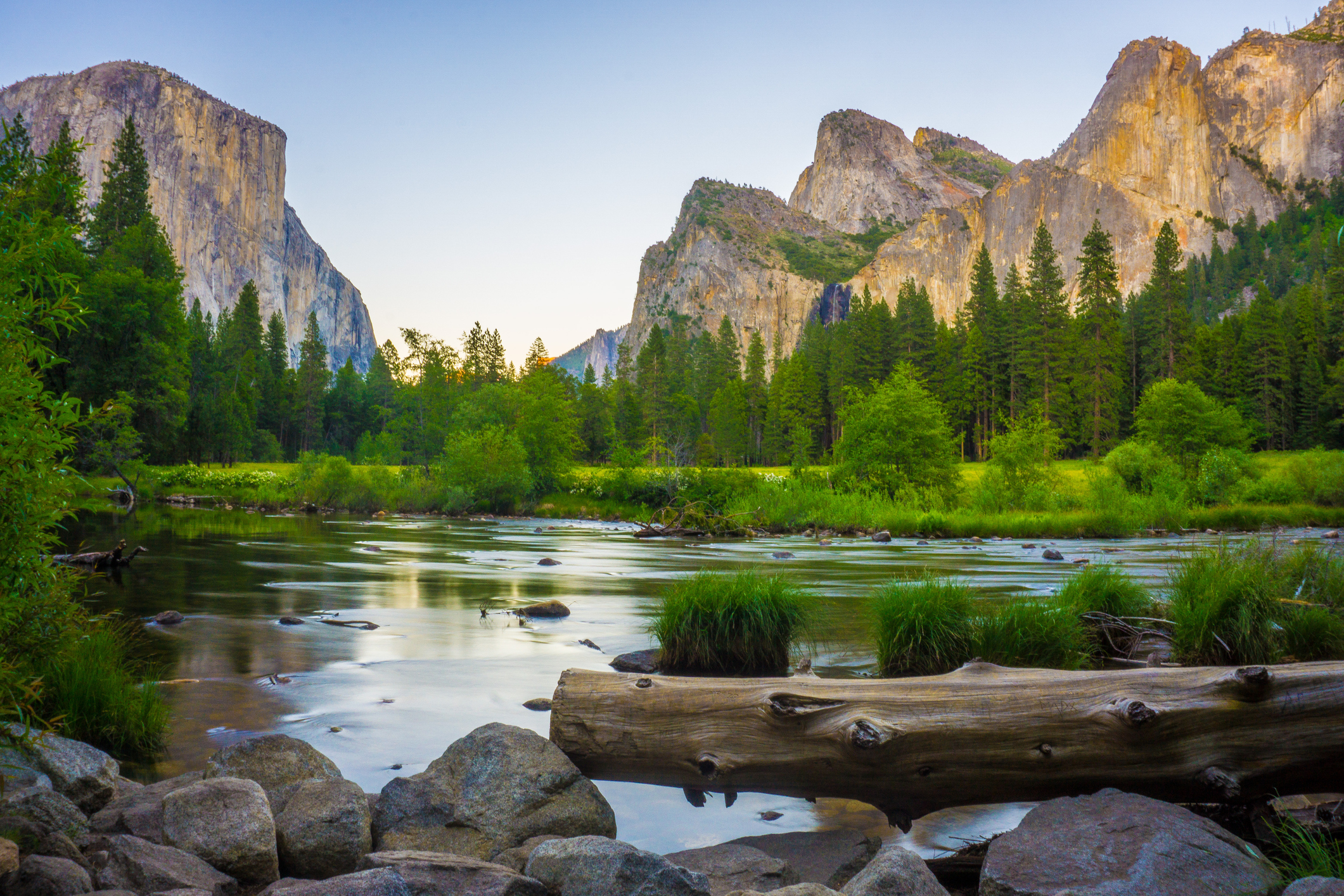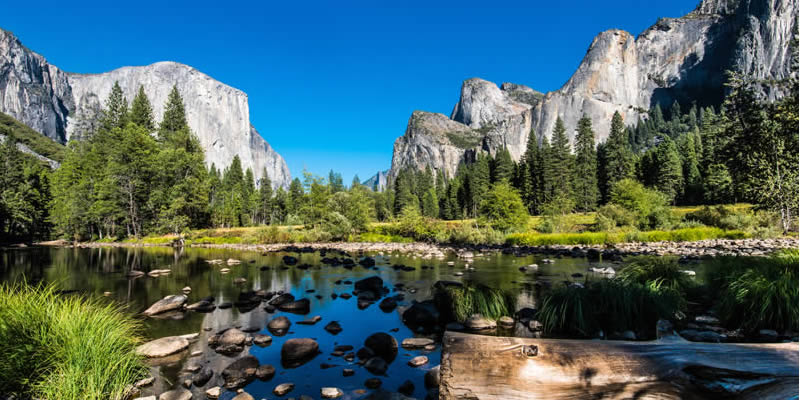As we face the challenges of climate change, protecting and preserving our planet has never been more important. National parks are essential for maintaining a healthy natural environment for present and future generations to enjoy.
From rainforests to deserts, these areas provide habitats for diverse species of plants and animals, as well as offer recreational opportunities that bring people closer to nature. But why is preserving national parks so crucial?
In this article, we explore the importance of safeguarding our planet’s natural treasures now to ensure they remain protected in the future.
1. The Value of National Parks for Our Environment

National parks, like Bwindi National Park, are invaluable to our environment, providing irreplaceable habitats for numerous species of plants and animals.
They also protect vital resources such as clean air and water by acting as natural filters that remove pollutants from the atmosphere. In addition, these vast areas of land provide opportunities for outdoor activities such as hiking, camping, fishing, or bird-watching which can be enjoyed by people of all ages.
Furthermore, national parks offer a respite from urban environments and allow us to appreciate nature in its purest form. By preserving these lands we ensure that future generations will continue to benefit from their many ecological benefits long after were gone.
2. Safeguarding Natural Resources Through Preservation

When it comes to preserving natural resources, national parks play a critical role in safeguarding our planet for generations to come. These precious preserves serve as an oasis of biodiversity, providing habitats for many species and protecting some of the world’s most iconic landscapes from destruction.
By setting aside these areas of land and sea, we can ensure that future generations will be able to experience their beauty firsthand. Preserving natural resources through national park protection is essential for sustaining the delicate balance between nature and human impact on the environment.
Parks provide refuge from over-development and exploitation by limiting access to certain areas while allowing others to remain untouched. The preservation of these ecosystems helps maintain wildlife populations, preserving clean air and water sources while conserving vital soil nutrients needed by plants and animals alike.
Additionally, national parks are often home to unique species that may not survive outside their protected boundaries; maintaining them ensures biological diversity within our world’s forests, deserts, oceans, rivers, and more.
Ultimately, protecting our planet through thoughtful preservation efforts allows us all – humans included –to continue living healthy lives on this beautiful earth now and well into the future!
3. Promoting Eco-Tourism

Eco-tourism is becoming increasingly popular as people around the world become more aware of the importance of preserving our planet. National parks are important to conservation efforts, providing a haven for animals and plants, and allowing them to thrive in their natural habitats.
By promoting eco-tourism, visitors can experience these areas firsthand while supporting local businesses and contributing to conservation efforts.
Visitors should be encouraged to partake in responsible tourism practices such as refraining from disturbing wildlife or leaving behind litter. Additionally, they can choose sustainable accommodation options that don’t interfere with nature, including camping sites and lodges that have minimal environmental impacts.
Eco-friendly activities like hiking, bird watching and kayaking should also be promoted so visitors can explore the area without damaging its beauty or endangering its inhabitants.
Lastly, park authorities must enforce strict regulations regarding human activities within protected areas to ensure they remain lush and thriving habitats for generations to come.
Conclusion

In conclusion, the protection of our planet’s national parks is essential for future generations. Preserving these areas ensures the conservation of natural resources and habitats, provides opportunities for scientific exploration and research, and creates economic benefits by bringing in tourism revenue.
To protect our planet’s natural resources now and into the future, all governments should prioritize funding programs that support the maintenance of national parks.
Additionally, citizens should be educated on the importance of preserving these areas through public outreach initiatives such as community events or educational campaigns. By doing so we can ensure that there are plenty of healthy ecosystems for all living species both today and in years to come.

